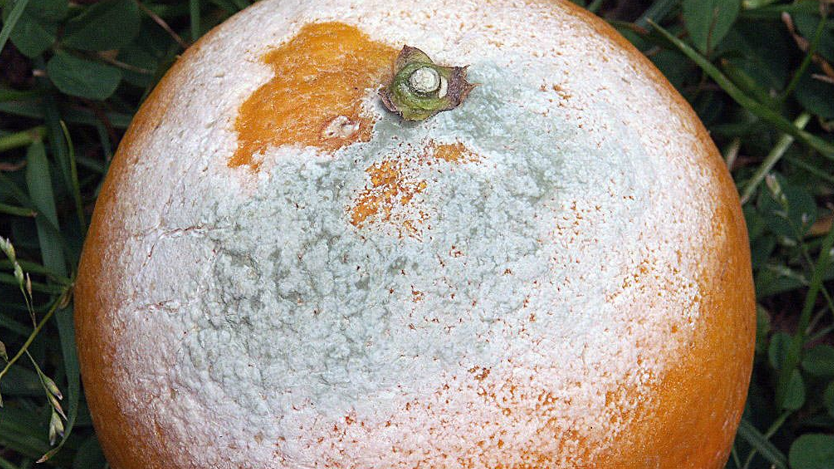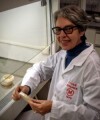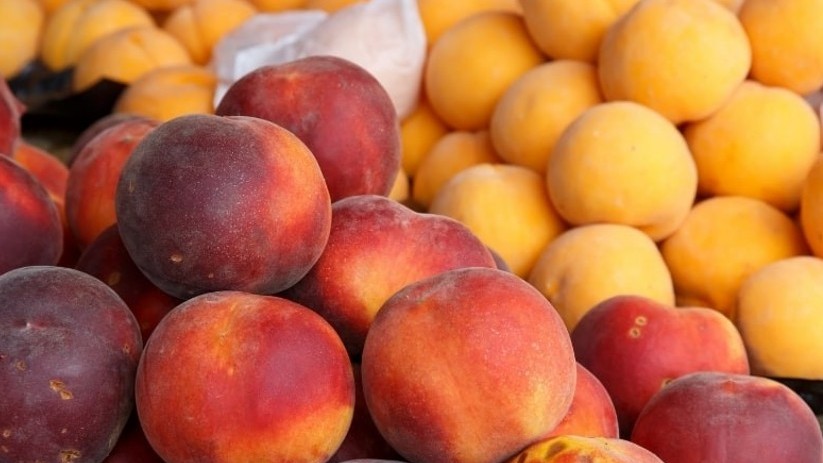News
The PdXEG1 gene of Penicillium digitatum is crucial for the development of the disease
The PdXEG1 gene of Penicillium digitatum, the causal agent of green mold, which encodes the endo-β-1,4-glucanase enzyme, is crucial for the development of the fungus, spore production, and pathogenicity in citrus fruits

Penicillium digitatum (Ascomycota) is a necrotrophic fungus responsible for the most severe postharvest rots in citrus fruits. These fruits can become latently infected at various stages after harvesting, leading to significant losses.
Identifying the mechanisms of P. digitatum pathogenicity is crucial for developing specific management practices to minimize citrus losses.
P. digitatum primarily penetrates through wounds, and citrus fruits are prone to mechanical damage during transportation and storage, making them vulnerable to infection.
Processes during infection
Pathogenic fungi secrete a variety of enzymes that degrade the cell wall during infection, causing tissue softening. This weakens cellular barriers and the host fruit's defenses, leading to the leakage of metabolites and contributing to disease progression.
The fruit cell walls consist mainly of polysaccharides, with hemicellulose and pectin dispersed in a reticulated structure, primarily within cellulose, promoting stability.
Xyloglucan is the main hemicellulose found in fruit cell walls. Fungal xyloglucanases catalyze hydrolysis at glycosidic bonds, releasing oligosaccharides that serve as a beneficial energy source for the parasite.
The gene encoding endo-β-1,4-glucanase
In a recent study, the gene named PdXEG1 in P. digitatum was identified and characterized, encoding the xyloglucan-specific endo-β-1,4-glucanase enzyme. Bioinformatic analysis revealed that PdXEG1 belongs to the glycoside hydrolase 12 (GH12) enzyme family responsible for degrading plant cell walls. Molecular docking analysis showed that the PdXEG1 protein recognizes xyloglucan structures and exhibits hydrolytic activity.
The P. digitatum strain subjected to gene knockout showed reduced development, conidia production, and spore germination rates. Complementation with the PdXEG1 gene restored these effects. Transcriptome analyses indicated that PdXEG1 deletion decreased the expression of other genes encoding various transporter proteins, affecting the metabolism of substances such as carbohydrates, amino acids, and fatty acids essential for the fungus's survival.
*Note: "Knockout" refers to the genetic technique of inactivating a specific gene, blocking its expression, and rendering the organism unable to produce the protein encoded by the original gene.
Source
Wang, Z.; Meng, K.; Shen, X.; Li, L.; Chen, X; Tan, X.; Tao, N. (2024). Xyloglucan-specific endo-β-1,4-glucanase (PdXEG1) gene is important for the growth, development, and virulence of Penicillium digitatum. Postharvest Biology and Technology, 208: 112673.
Image: Link to Image Accessed on 02/02/2024.













